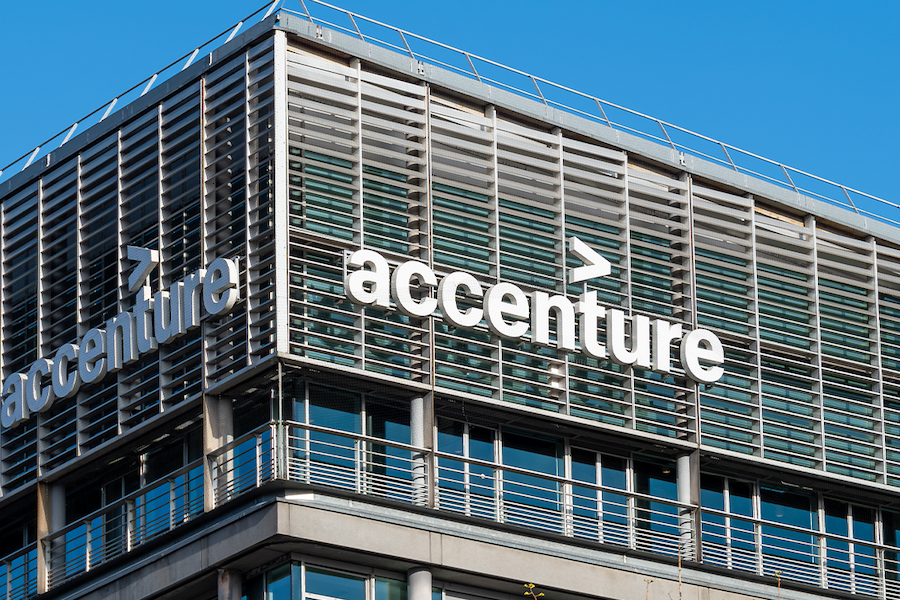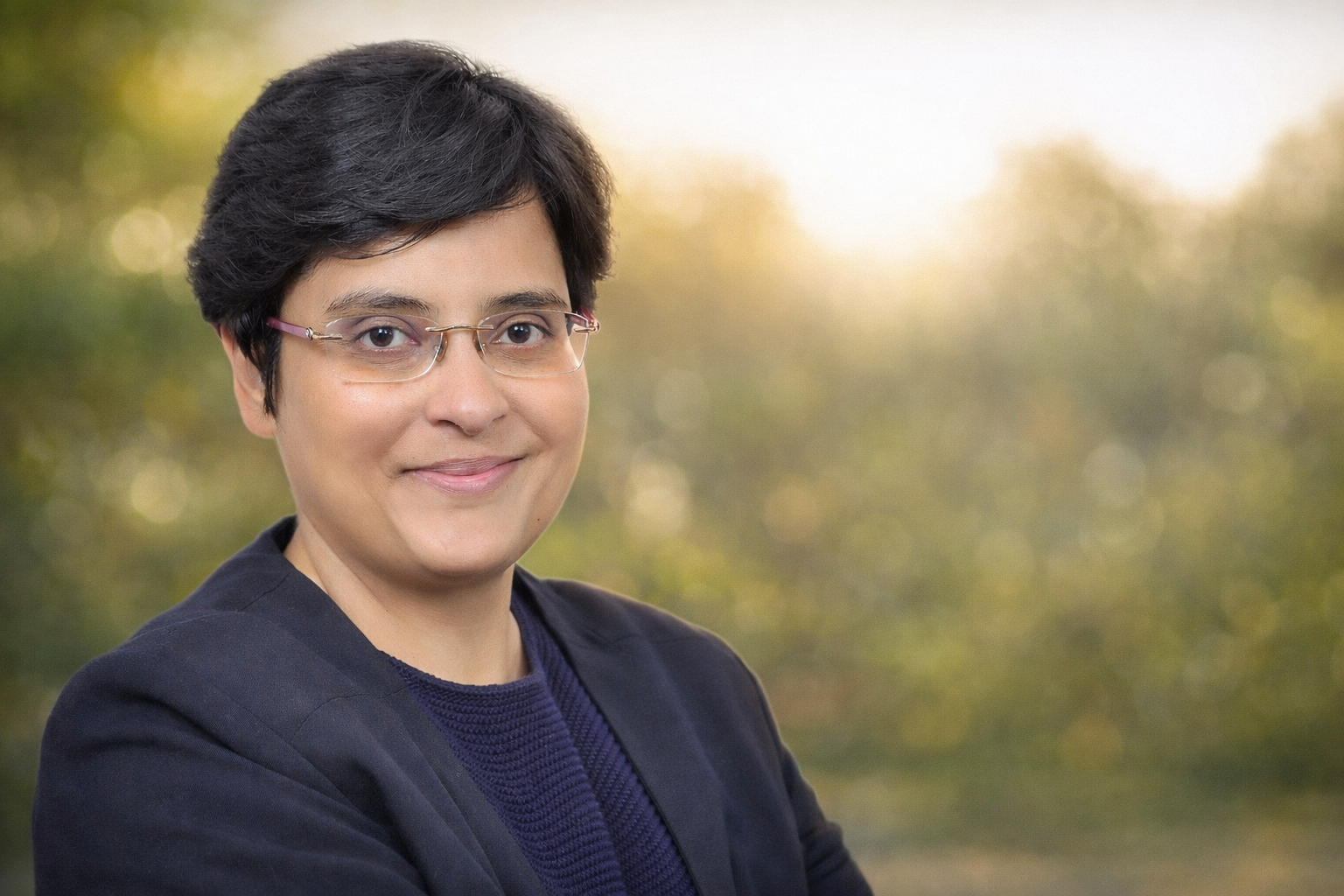Starcom MediaVest Group (SMG) is focusing on nurturing media talent in the India with their recently launched integrated marketing communications course SSIMCAP-360. In the past week, members of the course's advisory council met Bernard Bedon, Ph.D. EVP, global HR director – talent and innovation, Starcom MediaVest Group for discussions on the course's parameters and on the kind of professionals it must produce.
Bedon took some time out to chat with Campaign India and discussed the relevance of the course for SMG, the uniqueness of Indian media professionals and the importance of 'liquid talent'. Excerpts:
In the last one year, what is the most significant implementation you’ve made globally across Starcom MediaVest Group?
This was a year when the world went through a lot and we decided to make investments in people. Our most important investment was our leadership programme called Top Gun, which we implemented on a global level. Top Gun is a week-long training programme which focuses on potential people in SMG who can become the next rung of leaders. When one grows in an organization, it is less about his functional skills and more about his leadership and negotiation skills. It's also about how he manages relationships with clients and colleagues. That’s exactly what this programme helps you master. Top Gun Asia was recently held in Singapore where India had the largest representation.
Post the rebranding of India Media Exchange to VivaKi, are there some structural changes on the cards?
There’s a lot that's been happening internally. And you'll probably hear a lot more on that under the new umbrella company VivaKi, including incidents where we move people - not necessarily physically - it could simply mean that you sit in the same seat and work on different clients. I like to call it – wearing a different jersey. It's this liquid talent approach that we're pushing across all our regions.
Currently, what is more challenging – attracting the right talent, or retaining it?
Right now, it’s less about retaining talent because market conditions have kept a control on attrition. It’s more about attracting the right talent. Hiring has become doubly difficult because I've become a lot more selective. This has made us focus on our own talent pool. Hence it is the perfect time for us to leverage our strengths and make those investments that we always wanted to make. Our work load has tripled and we've moved people from country to country, assignment to assignment, asking ourselves, 'What can we do to give our people more experience so that they know that they're developed?'
How important is your recently launched integrated marketing communications programme (SSIMCAP-360) in the identification, training and retention of talent within SMG?
I like to think of SSIMCAP-360 as creation of the marketplace and feeding the market with people who think like we do and understand integrated marketing communication. Essentially it is not about 'How many of them join SMG?' but more about creating a talent pool that can capitalize on the phenomenal growth rates we're witnessing in India . Members of the advisory council for the programme also asserted on the timeliness of the programme.
What's your opinion of the existing talent in the India media and advertising industry?
India is a place I particularly like because it's almost like an incubator where one want to try new things. The risk taking capabilities are high. People are mobile, with a variety of skill-sets. It is something that differentiates India (and similar developing markets) from developed markets because of its willingness to try new things rather than stick to the tried and tested. Now that the developed economies have been hit hard, they're probably thinking, 'Oh, perhaps I can learn something from India '!
With the increasing consumption of new media, what kind of enhancement in skill-sets will media professionals need?
They'll certainly need investments in digital training, something we've made. Across VivaKi, there are some core basics that we're starting to roll out, so all the sister agencies will have access to it – some of it has been borrowed from Solutions Digitas, some from SMG, some have been co-created. We've got about 4,000 people connected globally on Yammer (a social networking platform for enterprises) and that, to me is the first step in getting people immersed into the medium.
Bedon took some time out to chat with Campaign India and discussed the relevance of the course for SMG, the uniqueness of Indian media professionals and the importance of 'liquid talent'. Excerpts:
In the last one year, what is the most significant implementation you’ve made globally across Starcom MediaVest Group?
This was a year when the world went through a lot and we decided to make investments in people. Our most important investment was our leadership programme called Top Gun, which we implemented on a global level. Top Gun is a week-long training programme which focuses on potential people in SMG who can become the next rung of leaders. When one grows in an organization, it is less about his functional skills and more about his leadership and negotiation skills. It's also about how he manages relationships with clients and colleagues. That’s exactly what this programme helps you master. Top Gun Asia was recently held in Singapore where India had the largest representation.
Post the rebranding of India Media Exchange to VivaKi, are there some structural changes on the cards?
There’s a lot that's been happening internally. And you'll probably hear a lot more on that under the new umbrella company VivaKi, including incidents where we move people - not necessarily physically - it could simply mean that you sit in the same seat and work on different clients. I like to call it – wearing a different jersey. It's this liquid talent approach that we're pushing across all our regions.
Currently, what is more challenging – attracting the right talent, or retaining it?
Right now, it’s less about retaining talent because market conditions have kept a control on attrition. It’s more about attracting the right talent. Hiring has become doubly difficult because I've become a lot more selective. This has made us focus on our own talent pool. Hence it is the perfect time for us to leverage our strengths and make those investments that we always wanted to make. Our work load has tripled and we've moved people from country to country, assignment to assignment, asking ourselves, 'What can we do to give our people more experience so that they know that they're developed?'
How important is your recently launched integrated marketing communications programme (SSIMCAP-360) in the identification, training and retention of talent within SMG?
I like to think of SSIMCAP-360 as creation of the marketplace and feeding the market with people who think like we do and understand integrated marketing communication. Essentially it is not about 'How many of them join SMG?' but more about creating a talent pool that can capitalize on the phenomenal growth rates we're witnessing in India . Members of the advisory council for the programme also asserted on the timeliness of the programme.
What's your opinion of the existing talent in the India media and advertising industry?
India is a place I particularly like because it's almost like an incubator where one want to try new things. The risk taking capabilities are high. People are mobile, with a variety of skill-sets. It is something that differentiates India (and similar developing markets) from developed markets because of its willingness to try new things rather than stick to the tried and tested. Now that the developed economies have been hit hard, they're probably thinking, 'Oh, perhaps I can learn something from India '!
With the increasing consumption of new media, what kind of enhancement in skill-sets will media professionals need?
They'll certainly need investments in digital training, something we've made. Across VivaKi, there are some core basics that we're starting to roll out, so all the sister agencies will have access to it – some of it has been borrowed from Solutions Digitas, some from SMG, some have been co-created. We've got about 4,000 people connected globally on Yammer (a social networking platform for enterprises) and that, to me is the first step in getting people immersed into the medium.




